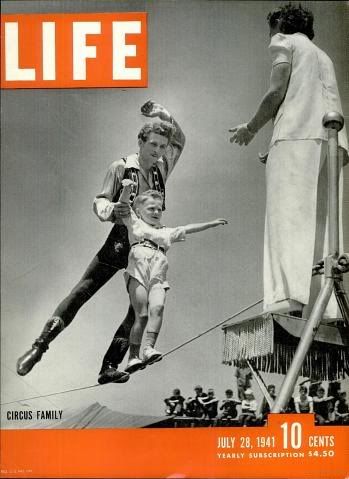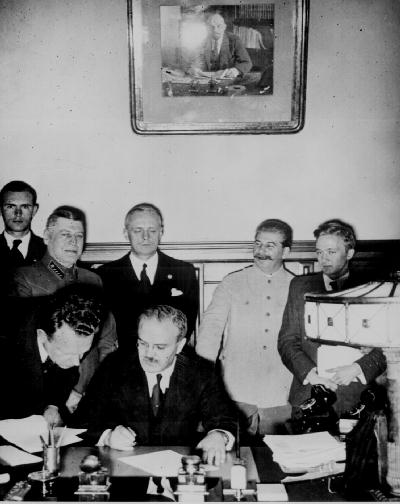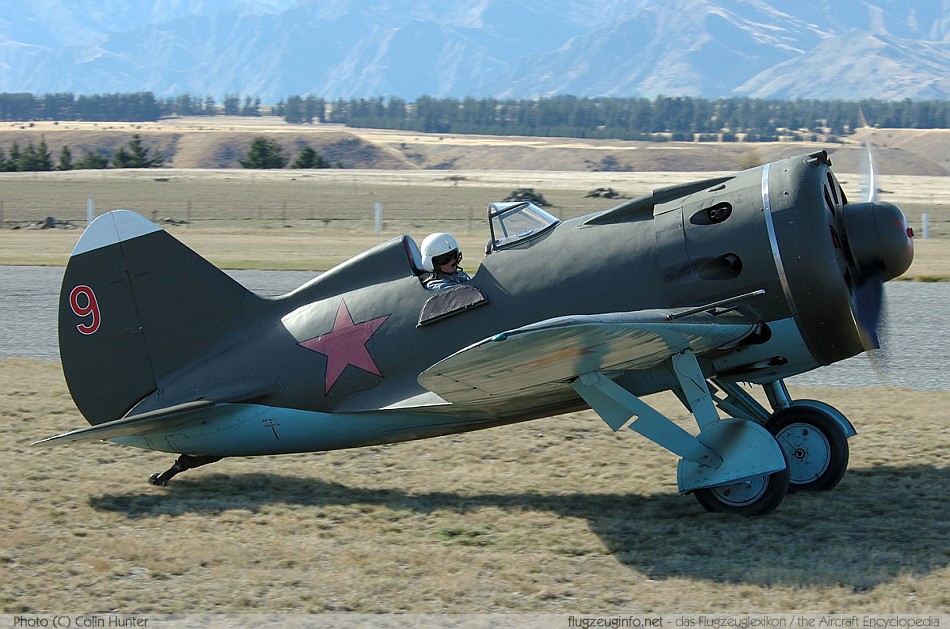
Thank you for your continued posting of these articles. They make for fascinating reading.

"...at the time of the Nazi-Soviet Pact, the Communists suddenly transformed the 'Anti-Nazi League' into the "Hollywood Peace Forum," calling for American neutrality and using the slogan 'Let's Skip the Next War.'..."
--Ronald Radosh, from his book, Red Star Over Hollywood: The Film Colony's Long Romance With the Left
http://www.capmag.com/article.asp?ID=4251
It sure didn’t take long for Japan to present a hostile stance against the next country down the SE Asia corridor. It doesn’t seem like even the full embargo has slowed the Japanese aggressive stance.
There is an article on the front page of the Times regarding a major water main break in the city on that day. FWIW, and oddly enough, yesterday there was also a major water main break in the Bronx that flooded several streets and shut down a few subway stations.
Chungking Believes Demands of Tokyo Rose When French Weakness Was Seen.
Note the use of Tokyo Rose, thought it was the person.
Never thought much about French Indo China and how they rolled over for the Japanese in WWII. They folded again and left Vietnam a second time after WWII.
Chungking Believes Demands of Tokyo Rose When French Weakness Was Seen.
Note the use of Tokyo Rose, thought it was the person.
Never thought much about French Indo China and how they rolled over for the Japanese in WWII. They folded again and left Vietnam a second time after WWII.

So a “Russo-Polish Pact is deemed imminent”. I give it maybe two, three years, tops...
'Yesterday I knocked off a Russian tank, as I had done two days ago! If I get in another attack, I'll receive my first battle stripes. War isn't half as bad as it sounds and one thing is plain as day: the Russians are fleeing everywhere and we follow them. All of us believe in early victory!'
However, in time the troops began to encounter stronger, more organised resistance and, after an enemy attack: 'Half dead with exhaustion, we squatted down in our trenches, semi-intoxicated with feverish nerves. Slowly, very slowly we quietened down. Hunger and thirst afflicted us again.' The situation was just as bad during the advance: 'Every single [enemy] wounded man had to be fought to a standstill. One Soviet sergeant, unarmed and with a severely injured shoulder, struck out with a trench spade until he was shot. It was madness, total madness. They fought like wild animals - and died as such.'
The troops began to take on the look of the eternal experienced combat soldier:
The faces of the youngsters exude the same image as First World War veterans. Long beards and the filth of these days make many of them look older than is the case in reality. Despite the pleasure at sudden Russian withdrawals, one notices this change in the faces of the soldiers. Even after washing again and shaving the chin - something difficult to describe - is from now on different! The first days at Yartsevo have certainly left an impression.
Another soldier wrote:
Today is Sunday, but we didn't notice. We are on the move again some 50km north-eastwards. At the moment we are part of the Army reserve - and high time - we have already lost 50 in the company. It shouldn't be allowed to continue much longer otherwise the burden will be really heavy. We normally have four men on the [anti-tank] gun, but for two days at a particularly dangerous point, we only had two. The others are wounded.
Another Landser wrote: 'Any fool knows you have to have losses, you can't make omelettes without breaking eggs, but we were going to fight on to victory. Besides, if any of us did stop a bullet, it would be a hero's death. So hurrah, over the top, come on, charge, hurrah!' One has to wonder if this was actually irony rather than a statement of general belief. Psychological pressure builds up as the soldier approaches the front. The first visible indication is often the men's reaction to the sight of the enemy's dead. Many young soldiers had never seen a corpse before. Werner Adamezyk, with a 150mm artillery battery near Minsk, became morbidly fascinated at his guns' handiwork: 'The repulsive scene caused me to shake; nevertheless, I found the guts to walk around,' he said. 'What I saw then was even more cruel.'
War quickly stripped away the veneer of propaganda. Foxholes around him were filled with dead Soviet soldiers. 'I shuddered and turned around to walk back to the truck,' admitting, 'the reality of death was just too much to take.' He was troubled. What he had witnessed contradicted earlier briefings that suggested the Russian soldier was 'poorly trained and not very much inclined to heroism'. Indeed, 'It became clear to me that they must have been willing to fight to the very end. If this was not heroism, what was it? Did the communist commissars force them to fight to the death? It did not look like it. I did not see any dead commissars.' The sight of one's own dead is, initially, a severe shock, but:
In time you even get used to that. You just don't really take it in at all when there are more and more who are dead but they are all in German uniform. So in the end you come to reckon yourself on a level with all those others, Russians or Germans alike, lying dead in their various uniforms; you yourself then turn into just one of the creatures who never really did live, you are just another lump of earth.
The real horror of war is, perhaps, the normality and constancy of death:
Then one day, you're right up against it. You are chatting with one of your mates when suddenly he folds up. Just settles in a heap, and is stone dead. That is the real horror. You see the others stepping over him, just as anybody steps over a big stone he doesn't want to catch his heel on, and you see your mate's death no differently from any of the others that are dead - those whom you've already learned to think of as never really having lived, as being just lumps of earth. That's when you get the horrors and after that it is always a nightmare; it never, never stops, the real fear of being wiped out, the fear of merciless nothingness, the fear of thinking any moment you may be one of those who never were living creatures.
The 8th Company of Schutzenregiment 11 was badly mauled in a Russian ambush and lost 80 men. 'The wounded Kameraden were worked over by the Russians with gun barrels until they were dead.' The writer, a man named Proller, depersonalised the enemy with anti-Russian comments. Like many German soldiers, he was surprised to encounter Russian women in uniform. Inside a Russian pocket they came upon 'women, completely nude and roasted,' who 'were lying on and beside a destroyed Soviet tank. Awful.' He indignantly concluded, 'it's not people we're fighting against here, but simply animals.' Other correspondence also bears the stamp of the German propaganda machine: 'Hardly ever do you see the face of a person who seems rational and intelligent. They all look emaciated and the wild, half crazy look in their eyes makes them appear like imbeciles. And these scoundrels, led by Jews and criminals, wanted to imprint their stamp on Europe, indeed on the world. Thank God that our Fuhrer, Adolf Hitler, is preventing this from happening.' Realistic views were noted, however, and one man wrote:
'We are deep in Russia in the so-called "paradise" which calls upon [German] soldiers to desert. Terrible misery reigns here. People have been unimaginably oppressed for two centuries. We would rather all die than accept the torment and misery these folk have had to put up with.'
German Infantryman-Eastern Front-1941-1943 by David Westwood